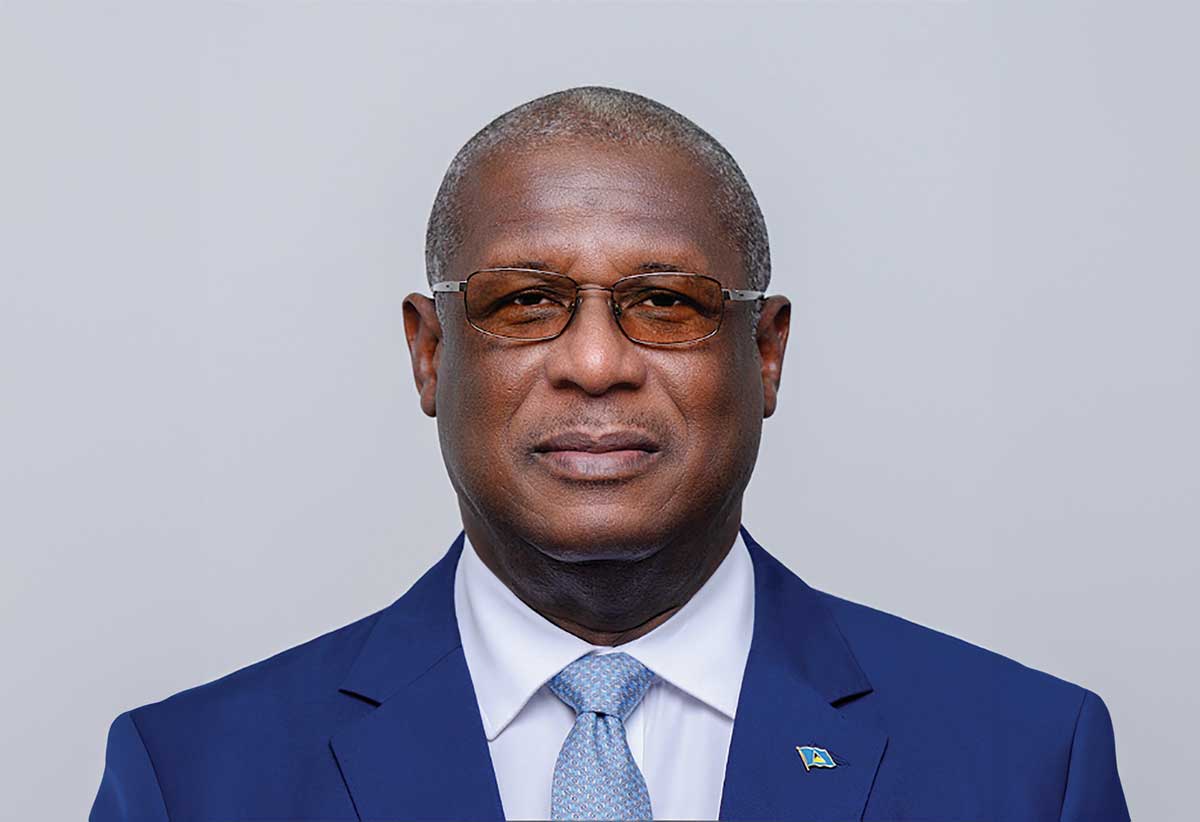
Infrastructure Minister Stephenson King has disclosed that government is taking steps to implement an ‘Infrastructure 2030’ plan aimed at rectifying the process of road repairs and maintenance on the country’s roads.
Due to the impact of weather hazards and the deterioration of old roads, he said the authorities are considering taking on a “more strategic” road maintenance programme.
King said that while this year has been designated to health and national security, next year will be directed to infrastructure and road maintenance.
“We are vigorously working on an infrastructural strategic plan that is entitled: Infrastructure 2030, which will be launched later this year,” noted the minister.
“And the whole idea of Infrastructure 2030 is putting a National Infrastructure Programme in place to deal with our primary, secondary, and tertiary road programmes” he explained.
King said this project will encompass the role of the Development Control Authority (DCA), “so that physical development can be a lot more robust in its activities, in terms of the planning. Too often you have private developments in place and the developer is to put in the
infrastructure, but the infrastructure is put in at a sub-standard level.”
Moving ahead, he said, due to irregularities stemming from negotiations with the DCA, the authorities “will be a lot more rigid to ensure that any developer must build their roads to the standards that the government prescribes.”
Additionally, the minister stated: “Infrastructure 2030 will also look beyond …and while we are going to look at where we are with our infrastructure at this time, and having an assessment of our infrastructure and plan to rehabilitate and augment the deficits that we have fallen into, we are looking at where is the country likely to be, in the next 10 years, or so.”
Furthermore, King explained, the plan would entail road infrastructure, telecommunications, energy “and all of the other aspects of infrastructure in a global sense.”
He said infrastructure entails not just road repairs, but includes other factors, such as public utilities, energy, telecommunications, and also infrastructure to support other sectors. That would include infrastructure for schools, tourism, and “what sort of infrastructure are we looking at going down the road.”
The minister adds that the proposed ‘North-South Link Road’ project should not be taken in isolation. He said traversing that route through “virgin territory …brings much into perspective.”
King noted that apart from the disturbances that would likely occur within a project of this nature and magnitude, are there prospects for the establishment of a new community?
He said, in the event that this project comes through there are going to be changes within the habitat, such as will the area be designated a “touristic district”, and what is likely to go into that area.
“It is for us in infrastructure, once we understand what will go there … is to start planning together with the ministry of planning on the total infrastructure for that community,” said the minister.
King explained that the ‘Infrastructure 2030’ programme will be funded through “grant funding, private sector investment, and public sector investment. It’s going to be a holistic approach where we are going to bring everybody on board.”
He added: “Under the CIP programme, there is a new component that provides for infrastructural investment, so there are persons who are interested in applying for Saint Lucian citizenship through CIP. They can invest in infrastructure and then be able to get the passports that they are looking for.”





![Attendees at the UHC logo and website launch [Photo credit: GOSL]](https://thevoiceslu.com/wp-content/uploads/2026/02/Attendees-at-the-UHC-logo-and-website-launch-380x250.jpg)






![Remnants of an alleged drug boat blown up in a lethal strike by the U.S. military last week surfaced off Canouan on Saturday [Photo credit : St Vincent Times]](https://thevoiceslu.com/wp-content/uploads/2026/02/Remnants-of-an-alleged-drug-boat-blown-up-380x250.jpg)
